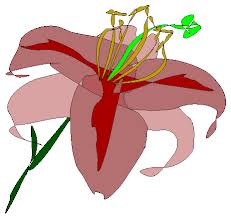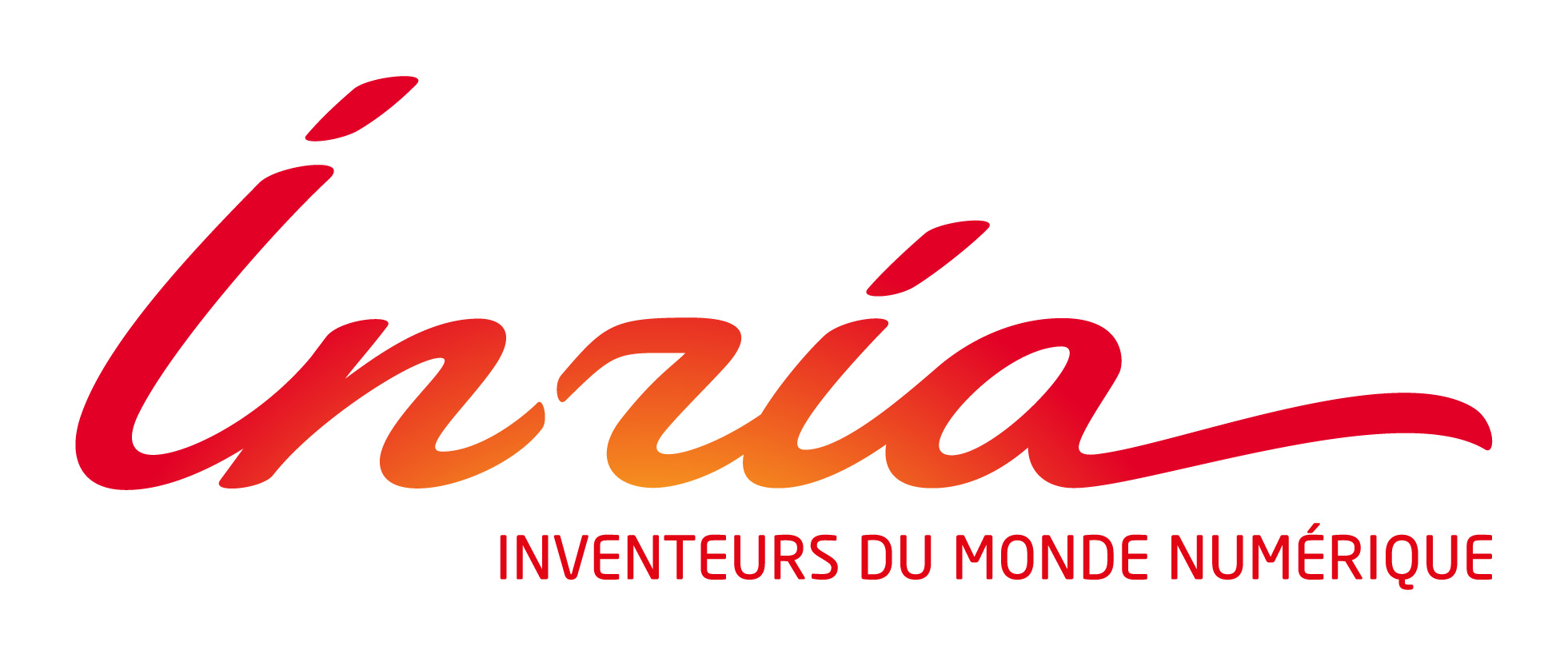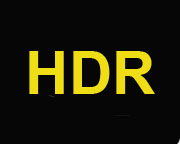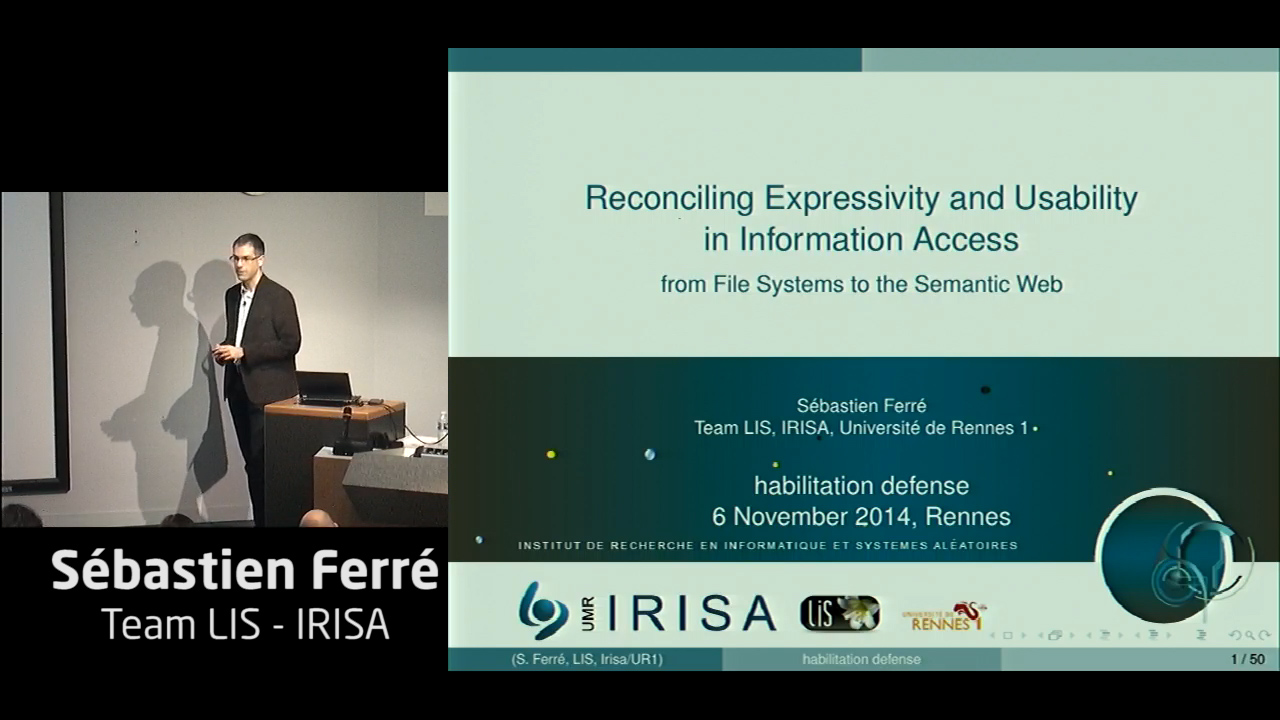 |
 |
 |

Reconciling Expressivity and Usability in Information Access
From File Systems to the Semantic Web
HDR defense - 6th november 2014
 Sébastien Ferré (LIS) Sébastien Ferré (LIS)
|
(MP4 - Version téléchargeable)
[46:50mn]
|
|
|
|
The members of the Jury
- Olivier Pivert, Professor at Univ. Rennes 1 / president
- Norbert E. Fuchs, Senior researcher at Univ. Zurich / referee
- Marianne Huchard, Professor at Univ. Montpellier 2 / referee
- Eero Hyvönen, Professor at Univ. Aalto / referee
- Karell Bertet, Associate professor (HDR) at Univ. La Rochelle / examiner
- Fabien Gandon, Researcher (HDR) at INRIA Valbonne / examiner
|
Abstract
In many domains where information access plays a central role, there is a gap between expert users who can ask complex questions through formal query languages (e.g., SQL), and lay users who either are dependent on expert users, or must restrict themselves to ask simpler questions (e.g., keyword search). Because of the formal nature of those languages, there seems to be an unescapable trade-off between expressivity and usability in information systems.
The objective of this thesis is to present a number of results and perspectives that show that the expressivity of formal languages can be reconciled with the usability of widespread information systems (e.g., browsing, Faceted Search (FS)). The final aim of this work is to empower people with the capability to produce, explore, and analyze their data in a powerful way.
We have proposed a number of theories and implementations to better reconcile expressivity and usability, and applied them to a number of contexts going from file systems to the Semantic Web. In this thesis, we introduce an unifying framework inspired by Formal Concept Analysis (FCA) to factor out the main ideas of all those results: Abstract Conceptual Navigation (ACN). The principle of ACN is to guide users by letting them navigate in a conceptual space where places are concepts connected by navigation links. Concepts are characterized by a formal query, and are made of two parts: an extension and an intension. The extension is made of query results while the intension is made of the query itself and an index of query increments over results.
Finally, navigation links are formally defined as query transformations. The conceptual space is not static but is induced by concrete data, and evolves with it. ACN therefore combines the expressivity of formal query languages with the guidance of conceptual navigation. The readability of queries is improved by verbalizing them to (or parsing them from) a Controlled Natural Language (CNL). Readability and guidance together support usability by speaking user’s language, and by providing a systematic assistance.
|
|
|
|





